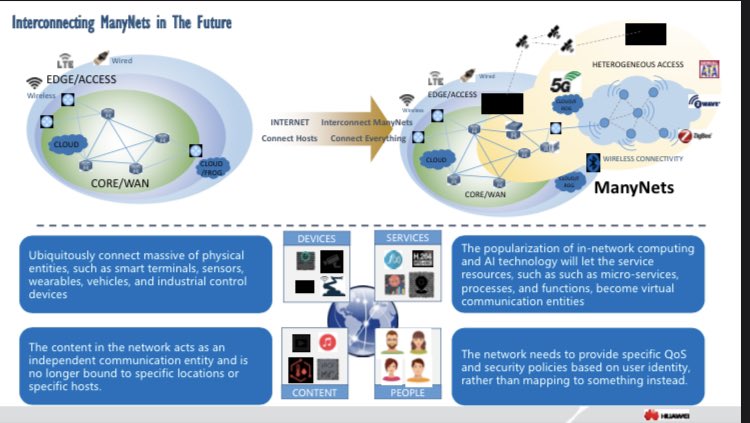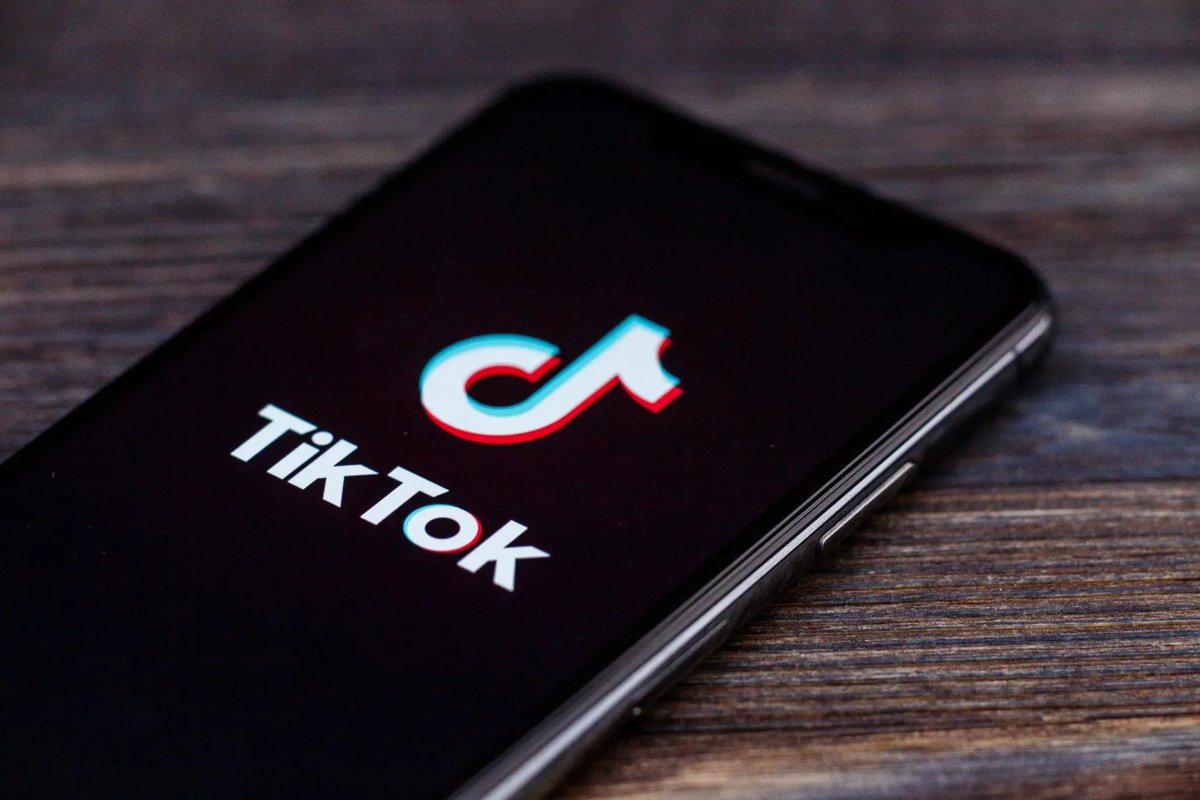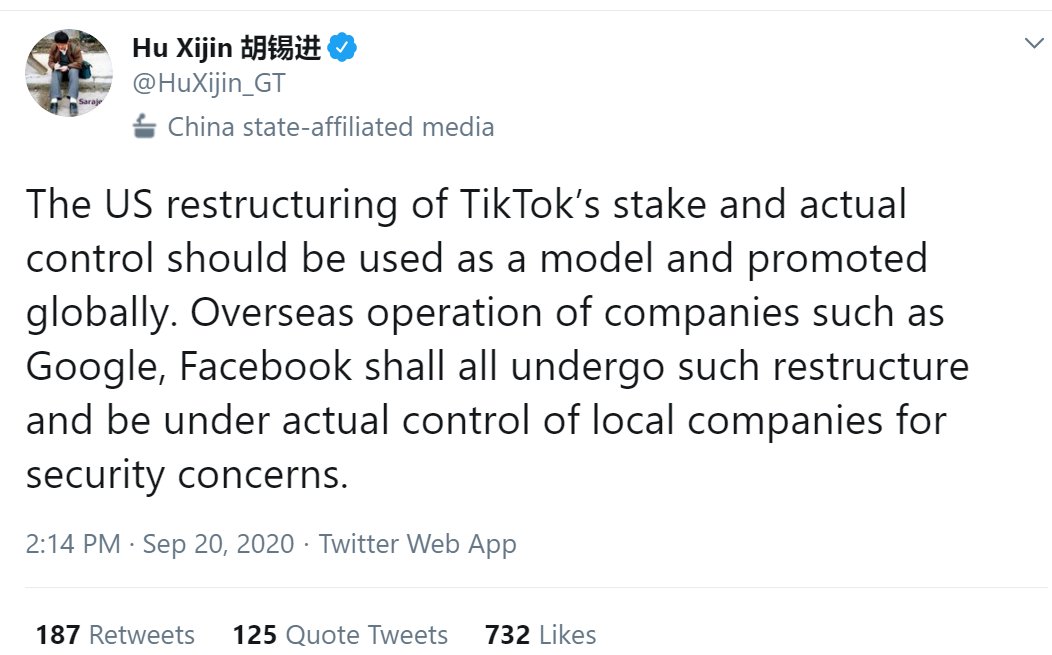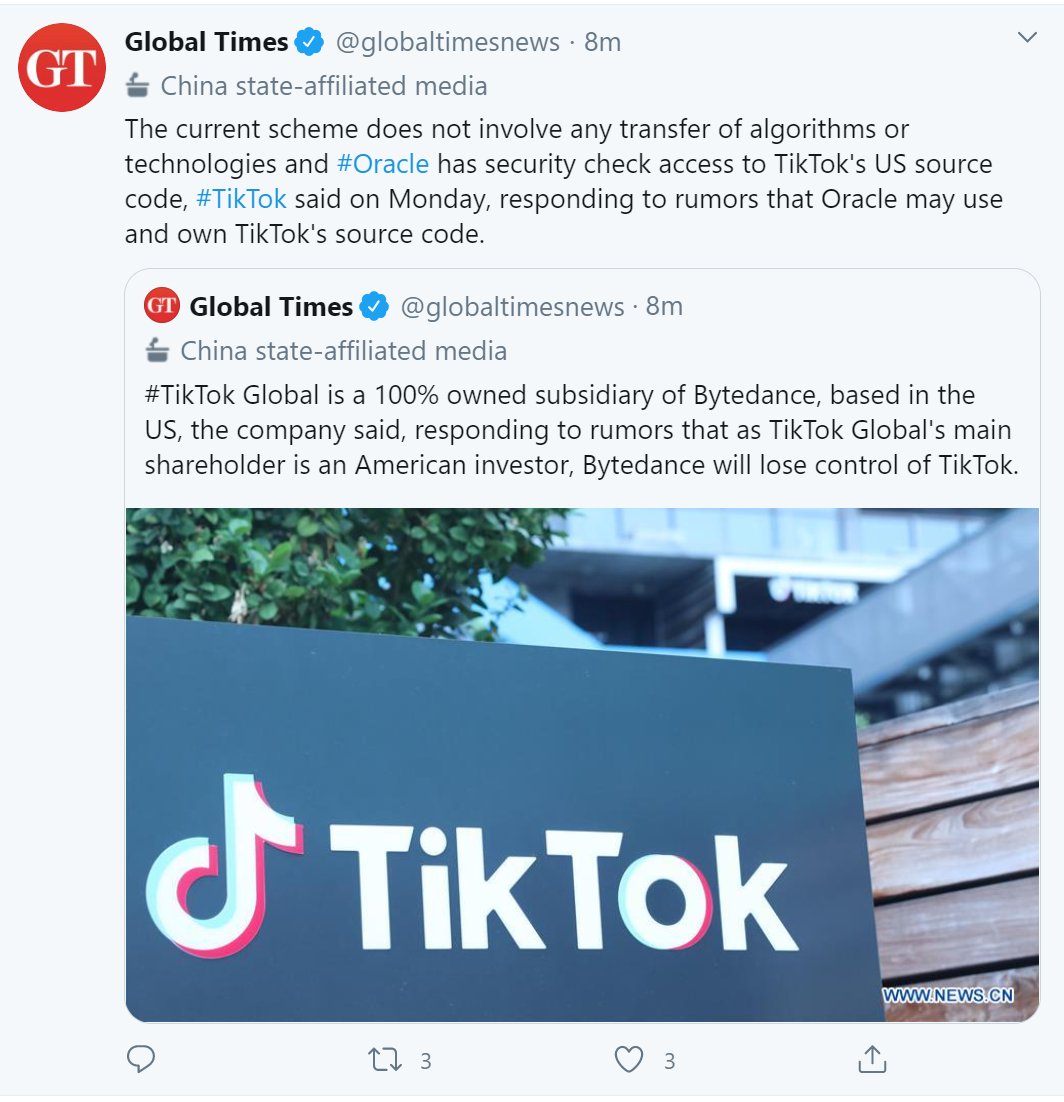
Tomorrow, the International Telecommunication Union votes on its next Secretary General in Bucharest, Romania.
US officials from @POTUS to @ABlinken to @StateCDP have taken an unprecedented interest in the vote of a technical body.
The internet’s future is at stake. 🧵
US officials from @POTUS to @ABlinken to @StateCDP have taken an unprecedented interest in the vote of a technical body.
The internet’s future is at stake. 🧵
https://twitter.com/statecdp/status/1574777414063980546
US candidate @DoreenBogdan is running on a platform of a “Trusted, Connected Digital Future” against Russia’s Rashid Ismailov, a former Telecom Minister and Huawei VP who is likely to support the emerging autocratic view of the future internet.
The @ITU is the world’s oldest UN agency (formerly the International Telegraph Union) and is a technical standards body where engineers and tech companies—but also governments—convene and vote on the protocols for emerging technologies from #6G to #AI.
securingdemocracy.gmfus.org/introductory-v…
securingdemocracy.gmfus.org/introductory-v…
Until recently, however, much of the internet’s standards development has happened not at the ITU, but in multistakeholder bodies like @ietf and @ICANN with far less direct government involvement.
This bottom-up, open, and consultative process is a deliberate design choice.
This bottom-up, open, and consultative process is a deliberate design choice.
The vision is one of a free and open internet, accessible to everyone, and not controlled by governments.
This is the view of #internetfreedom that underlies Bogdan-Martin’s candidacy.
This is the view of #internetfreedom that underlies Bogdan-Martin’s candidacy.
In recent years, however, Russia 🇷🇺 and China 🇨🇳 have sought to push a new vision of the internet — one in which States have a bigger say in its development at every level.
One #Huawei proposal unveiled at the ITU, “New IP”, would replace the TCP/IP standard we rely on today…
One #Huawei proposal unveiled at the ITU, “New IP”, would replace the TCP/IP standard we rely on today…

by one that could fragment the internet into many different internets and put power in the hands of the State to control access to those internets.
Autocrats already eager to surveil populations and restrict internet access would have an easier time.
Autocrats already eager to surveil populations and restrict internet access would have an easier time.
Russia and China have also agreed to push for a greater role for governments in the internet’s development.
In their February cooperation pact, they mention increase collaboration on AI governance and involvement in the ITU explicitly.

In their February cooperation pact, they mention increase collaboration on AI governance and involvement in the ITU explicitly.


Under China’s ITU leadership, the CCP has taken a stab at AI governance via the “Beijing AI Principles,” whitewashing its role in AI-enabled human rights abuses. securingdemocracy.gmfus.org/future-interne…
That’s why the US is starting to push back — to preserve the free and open, multi stakeholder internet against this autocratic model.
whitehouse.gov/briefing-room/…
whitehouse.gov/briefing-room/…
My latest today for @lawfareblog breaks down these dynamics ahead of the vote.
lawfareblog.com/why-biden-and-…
lawfareblog.com/why-biden-and-…
• • •
Missing some Tweet in this thread? You can try to
force a refresh









